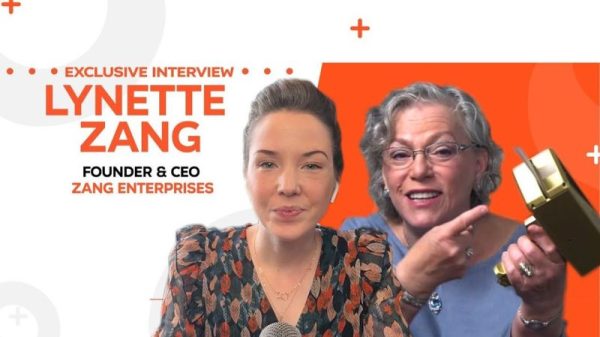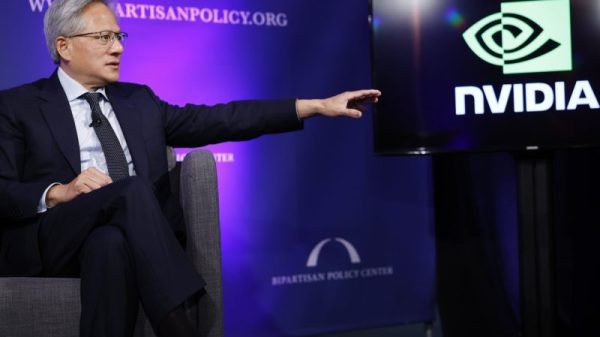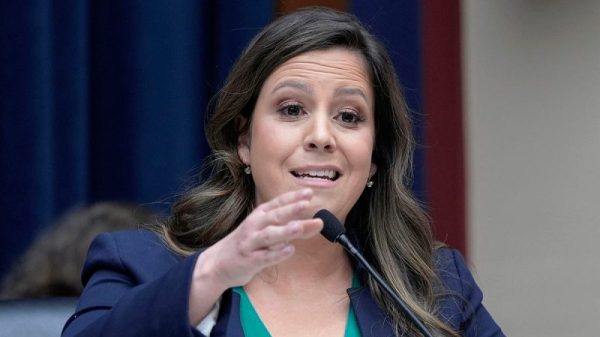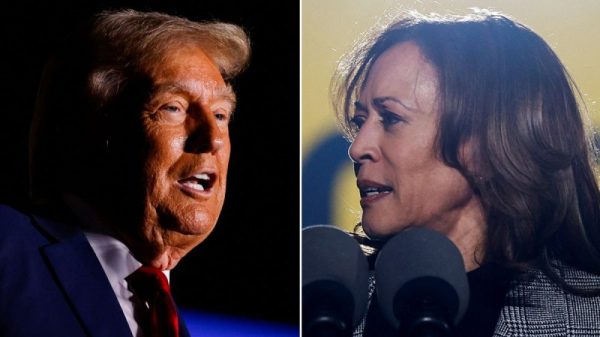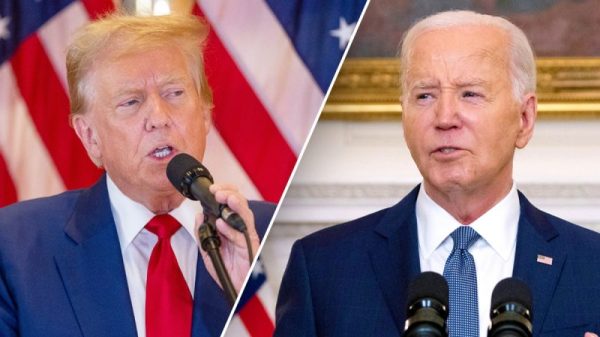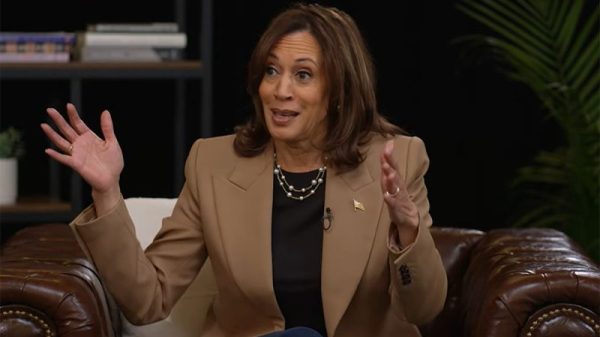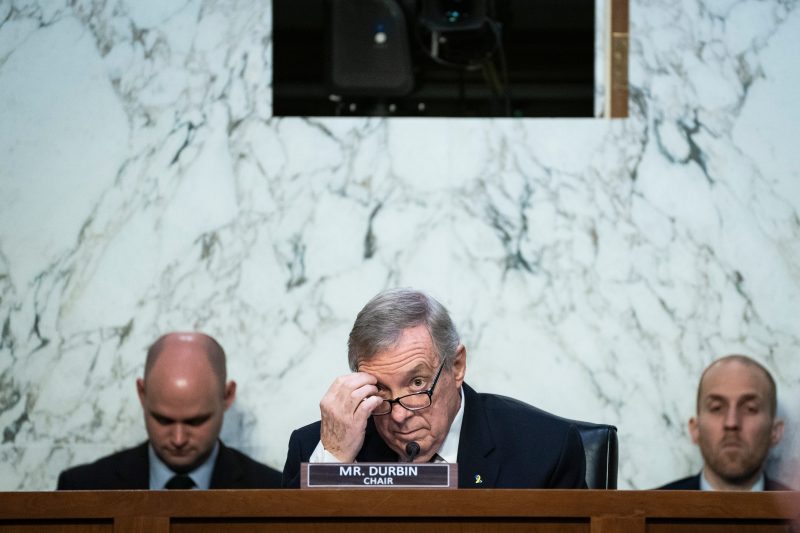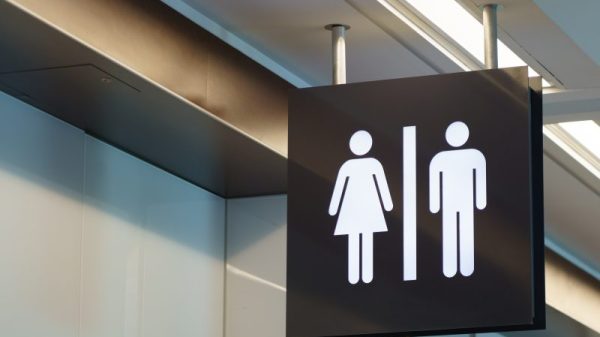For months, Democrats in Congress have tried unsuccessfully to press the Supreme Court to strengthen its ethics rules, following revelations that some justices accepted — and did not report — free luxury travel, real estate deals and gifts from wealthy benefactors.
Now, Senate Democrats see an opening to demand more details about the extent of the largesse, details they say would inform their legislative efforts to impose more-stringent ethics requirements on the high court. The Senate Judiciary Committee plans to vote Thursday to subpoena two wealthy benefactors, along with a judicial activist who helped shape the conservative supermajority that has quickly moved the court’s jurisprudence to the right.
But the path to obtaining the information Democrats are seeking will be contentious. Without Republican support in the Senate, the subpoenas may prove difficult to enforce, despite Congress’s well-established, broad power to investigate.
The targets of the subpoenas, including activist Leonard Leo and Texas billionaire Harlan Crow, have pushed back aggressively against the Democrats’ demands, defending not just themselves but also Justices Clarence Thomas and Samuel A. Alito Jr. In lengthy letters citing past Supreme Court cases, lawyers for Crow and Leo say the committee’s requests are overly invasive, exceed the panel’s authority — and are driven by politics, rather than a legitimate need for information to pass legislation.
“This inquiry appears calculated to target and intimidate Justice Thomas by unearthing details about his private life that the Committee evidently believes will embarrass him and inflict public humiliation,” Crow’s attorney, Michael D. Bopp, wrote in a seven-page letter last month.
Sen. Lindsey O. Graham of South Carolina, the committee’s ranking Republican, told Democrats to stay out of the business of the Supreme Court, an independent branch of government, and vowed that his party would block the subpoena effort.
“You have lost your way,” Graham said of the Democrats’ plans during a committee hearing. “I don’t know why you did this.”
But Senate Judiciary Chairman Richard J. Durbin (D-Ill.) is pushing ahead, seeking a list of all transportation and lodging provided to any justices and their relatives; occasions in which they provided entrance to any members-only clubs; and all gifts or payments provided to any justice worth more than $415, which is the maximum value allowed for unreported gifts to judges and justices. The subpoenas would go to Leo and California businessman Robin Arkley II, both of whom have refused to voluntarily provide the information over the last several months, and to Crow, who offered to turn over a limited set of information that lawmakers said was insufficient.
“They are not bit players in this crisis, and the information they hold is critical to understanding how individuals and groups with business before the court gain private access to the justices,” Durbin said in a statement.
Under federal ethics law, top government officials from all branches of government, including Supreme Court justices, are required to file annual financial disclosures listing investments, gifts and outside income. Democrats and court transparency advocates have criticized the high court for lacking a binding ethics code specific to the nine justices and are pressing for disclosure rules as strict as those that apply to members of Congress.
Scrutiny of the justices’ activities off the bench intensified after ProPublica reported extensively on Thomas’s failure over many years to disclose in his annual reports free luxury vacations and private jet travel he received from Crow, his longtime friend. Thomas also did not initially report Crow’s purchase of three properties from Thomas and his relatives or that Crow paid the boarding school tuition for Thomas’s great-nephew, of whom Thomas had legal custody.
The investigative news site also revealed that Leo arranged for Alito to take a luxury fishing trip to Alaska in 2008 that included free lodging and private jet travel. The lodging, according to the ProPublica report, was provided by Arkley.
Both Thomas and Alito have said they did not think they were required to report the trips in annual disclosure forms. After ethics rules were revised in March, making clear that judges and justices must report private jet travel, Thomas disclosed three 2022 trips on Crow’s jet. He also for the first time listed the 2014 real estate sale to Crow, a transaction that most ethics experts said should have been reported long ago.
Thursday’s planned Senate committee vote on the subpoenas is the most aggressive step Democrats have taken so far to pressure the high court to adopt a stronger set of ethics and recusal rules.
In April, Chief Justice John G. Roberts Jr., who has opposed intervention by Congress, turned down an invitation from Durbin to testify about Supreme Court ethics before the committee, saying it would not be appropriate for the head of an independent branch of government. Alito separately took the unusual step over the summer of publicly commenting on the validity of legislation to impose an ethics code on the court.
“I know this is a controversial view, but I’m willing to say it,” Alito said in an interview with the Wall Street Journal editorial page. “No provision in the Constitution gives them the authority to regulate the Supreme Court — period.”
Roberts and three other justices — Elena Kagan, Brett M. Kavanaugh and Amy Coney Barrett — have suggested that the justices should adopt their own ethics policy. But past efforts to reach agreement have failed. In 2019, Kagan told a congressional committee that Roberts was seriously studying the issue.
In July, the Judiciary Committee advanced legislation that would require the high court to adopt an ethics code, create a system for investigating alleged violations of that code, and require justices to publicly explain recusal decisions. The bill lacks the bipartisan support necessary to clear the full Senate, and would probably stall in the GOP-controlled House.
Separately, Democrats sent letters in May and July seeking extensive information from Crow, Leo, Arkley and other entities connected to the justices’ travel. Lawyers for Crow and Leo opposed the requests, invoking arguments similar to those made by then-President Donald Trump when he was fighting congressional subpoenas for his tax and financial information.
Trump claimed the subpoenas served no valid legislative purpose and were politically motivated. His argument was rejected by the Supreme Court — although Thomas and Alito dissented, with Thomas taking the view that “Congress has no power to issue a legislative subpoena for private, nonofficial documents — whether they belong to the President or not.”
No other justice joined Thomas.
In their letters last month, lawyers for Crow and Leo similarly said there is no lawful basis for the committee’s investigation because Congress has no authority to regulate the Supreme Court, and therefore the underlying proposed legislation would be unconstitutional. Crow and Leo accuse the committee of targeting Alito and Thomas instead of more broadly examining events attended by other justices at elite law schools or sponsored by liberal legal organizations.
“If the Committee were actually pursuing the inquiry it claims, these frequent trips and events would be of at least as much interest to the Committee as a fishing excursion Mr. Leo took with Justice Alito 15 years ago,” wrote Leo’s lawyer David B. Rivkin Jr., who also co-wrote the Wall Street Journal article in which Alito expressed his dim view of the ethics legislation.
But former congressional lawyers say the committee’s power to subpoena is clear. Between 2000 and 2019, the panel subpoenaed 10 individuals in four matters.
“If it can legislate, it can investigate,” said Douglas Letter, the former general counsel to the House of Representatives who defended Congress’s authority in legal battles with Trump.
“Even if there are constitutional limits, Congress gets to voice a view on what the proper limits are,” he said.
Lisa Graves, a former chief counsel to the Judiciary Committee, agreed that the committee is carrying out its responsibility to engage in fact finding to help create better laws. What is unusual, she said, is the resistance to “what is certainly within the jurisdiction of the Judiciary Committee by some very powerful people who are asserting extraordinary arguments to try to win in the public arena.”
Graves, executive director of the watchdog group True North Research, said the Senate process is likely to be a hurdle for Democrats because Republicans will probably “use every tool available to stop this investigation from going forward.”
The vote to authorize the subpoenas requires a simple majority of the committee, meaning no Republican votes are needed. If the subjects do not comply, Democrats have two options. The Senate can seek civil enforcement of the subpoenas in court. That step requires a vote of the full Senate and would probably stall in the face of resistance from Republicans, who have dismissed the scrutiny of the justices as an effort to undermine the court’s conservative supermajority.
Or, the Senate could refer any failure to comply with a subpoena to the Justice Department for possible prosecution. The House voted last year to hold several Trump advisers in criminal contempt of Congress for defying subpoenas from the committee investigating the Jan. 6, 2021, attack on the Capitol. Those votes, mostly along party lines, sent the matter to the Justice Department.
The Justice Department opted to pursue cases against former Trump adviser Stephen K. Bannon and former White House trade adviser Peter Navarro, both of whom were found guilty of contempt. But they did not charge former Trump White House chief of staff Mark Meadows or communications chief Daniel Scavino Jr.
Alex Aronson, a former chief counsel to Sen. Sheldon Whitehouse (D-R.I.) and court accountability advocate, said there is nothing in the statute that requires a full Senate vote to make the referral to the Justice Department, although that has historically been the practice on the House side.
“Under prevailing norms, criminal contempt certifications do typically include a vote of the full chamber,” he said. “But ultimately, as a statutory legal matter, there is nothing in the statute that requires that full Senate vote.”
The subpoena plan, he added, “raises important questions about the role of congressional precedents and norms in the post-Trump era, after Republicans upended so many settled bipartisan norms so they could act unilaterally, particularly in the Judiciary Committee.”
During the committee’s hearing last week that touched on the Democrats’ subpoena plans, Graham, the ranking Republican, was clear: “You know you’re not going to get 60 votes to enforce the subpoena,” he said.
“This is a fight you wanted. You’re going to get it.”


